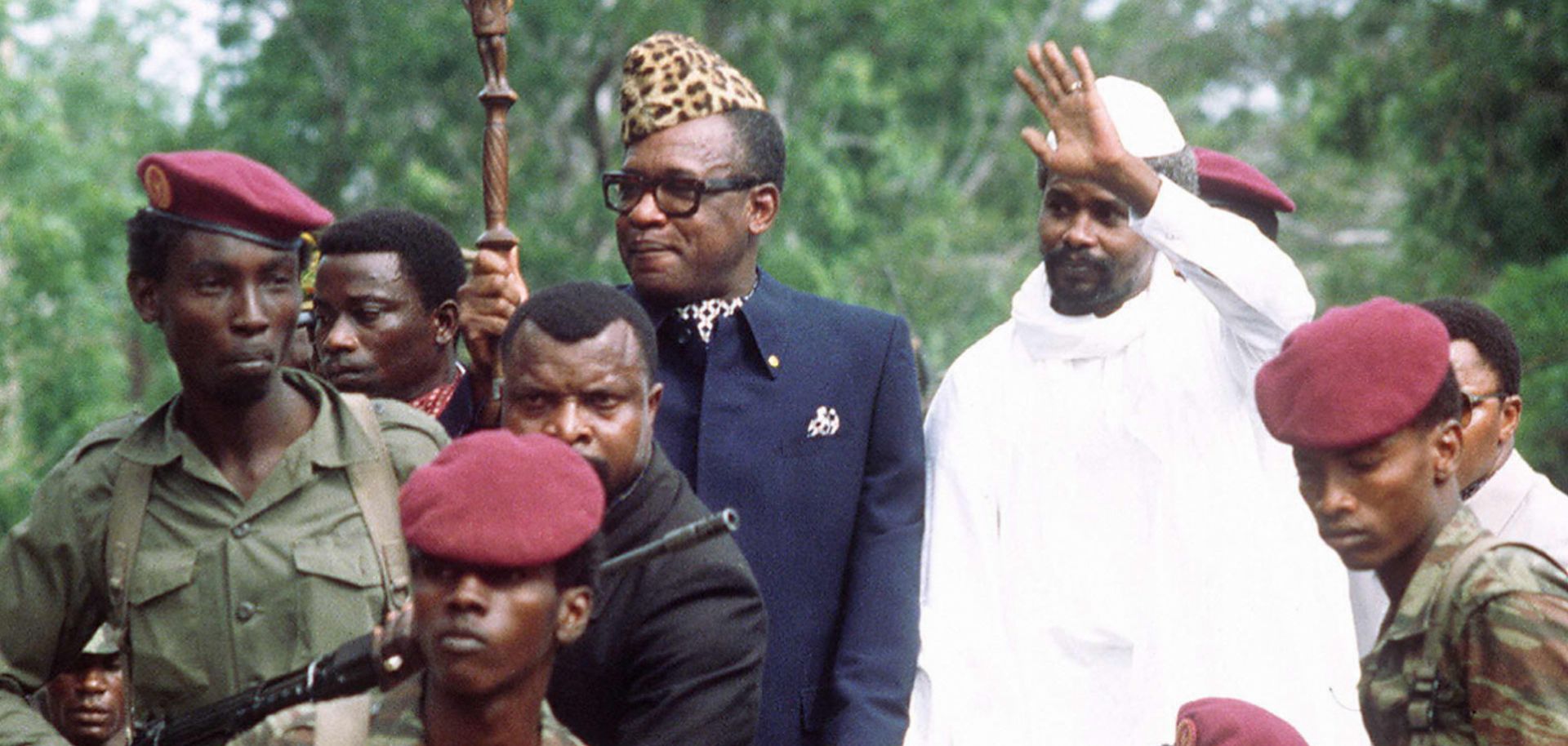Leaders around the world must routinely deal with threats to their personal security. For the heads of many African countries, contending with those threats can be an especially fearsome endeavor. Since gaining their independence, many African nations have remained poor, weak states filled with competing ethnic and political factions, making it difficult for any one ruler to satisfy his or her public's demands. Some leaders have imposed authoritarian rule to stifle dissent, only fueling discord.
Over the decades, numerous African leaders have been assassinated or chased from power. The former rebel leader and president of the Democratic Republic of the Congo, Laurent Kabila, for example, was murdered by his own bodyguard, a child soldier, in 2001. In such volatile times and places, presidents, prime ministers and other heads of state in Africa have devoted considerable attention to ensuring their security. To that end, various competing states, individuals and private security companies...


